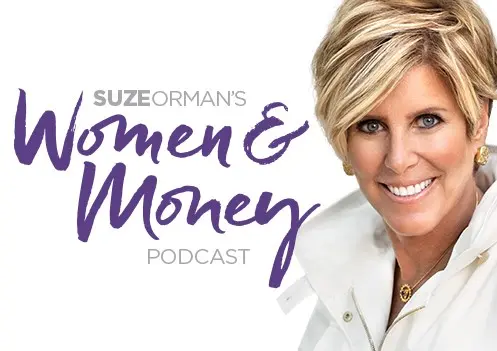You know I love, love, love Roth IRAs. One of the prime reasons being that in retirement you will not owe a penny of tax on your withdrawals. That’s quite different from a Traditional IRA where every penny will be taxed at your ordinary income tax rate.
It wasn’t until nearly 10 years ago that 401(k) plans were allowed to offer a Roth version. Today about half of plans currently give employees the option of saving in a Traditional 401(k) or a Roth 401(k). Yet very few employees are opting for the Roth 401(k).
I think that can be a shortsighted mistake.
Yes, it’s absolutely true that there is an upfront tax break when you save in a Traditional 401(k) that you don’t get with a Roth 401(k). Every dollar you contribute to a Traditional account reduces your taxable income for that year. But money you put into a Roth account is made with after-tax dollars, so there is no “upfront” tax break.
I get that the tax break right now can be appealing. But what you need to carefully consider is the long-term impact-or tradeoff-of that decision. As I mentioned, all money withdrawn from a Traditional 401(k) will be taxed at your ordinary income tax rate, while there will be no tax on withdrawals from a Roth 401(k).
I think the prospect of no taxes in retirement on your retirement withdrawals is well worth considering. One of the common rules of thumb is to go with the Roth only if you expect your tax rate in retirement to be lower than your tax rate today. I’ve got two issues with that.
First, who knows where tax rates will be 10, 20, 30 years from now? I have to tell you that today’s rates are a lot lower than when I started my financial planning career.
Second, even though your income will likely be less in retirement, that doesn’t mean you automatically will be in a much lower tax bracket, if your bracket falls at all. Consider that in 2015 a married couple filing a joint return with taxable income of $125,000 is in the 25% federal income tax bracket. If their income in retirement is $85,000, guess what? They are still in the 25% federal tax bracket, based on current tax rates.
One strategy to consider for those of you who have been saving in a Traditional 401(k) for years, is to consider switching your future contributions into a Roth 401(k), if your plan offers it. That way when you retire you will have tax flexibility, with some of your retirement income being tax-free and some taxable.
Top Resources for You

The Ultimate Retirement
Guide for 50+
Learn More

MUST HAVE® Documents
Online Program
Learn More






